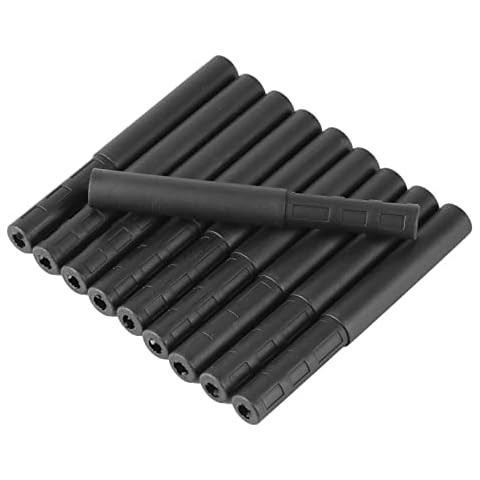Factors to Consider when Choosing Golf Shafts
Flexibility
The flexibility of a golf shaft is an important factor to consider. It determines how the shaft bends during the swing. The right level of flexibility depends on your swing speed and strength. Players with slower swing speeds generally benefit from a more flexible shaft, while those with faster swing speeds may need a stiffer shaft for better control.
Material
Golf shafts are typically made of steel or graphite. Steel shafts are known for their durability and consistency, providing more control and accuracy. Graphite shafts, on the other hand, are lighter and offer improved distance and speed. Choose a material based on your playing style and preferences.
Weight
The weight of the shaft can affect your swing. Heavier shafts offer more stability and control, while lighter shafts allow for increased swing speed and distance. Consider your strength and swing tempo when selecting the appropriate weight for your golf shaft.
Torque
Torque refers to the twisting of the shaft during the swing. A lower torque means less twisting, providing more accuracy and control. Higher torque allows for more forgiveness and can help players with slower swing speeds achieve greater distance. Choose a torque level that suits your swing style.
Kick Point
The kick point, or flex point, is the part of the shaft that bends the most during the swing. A low kick point promotes a higher ball flight, while a high kick point produces a lower ball flight. Consider your desired trajectory and launch angle when selecting the kick point of your golf shaft.










